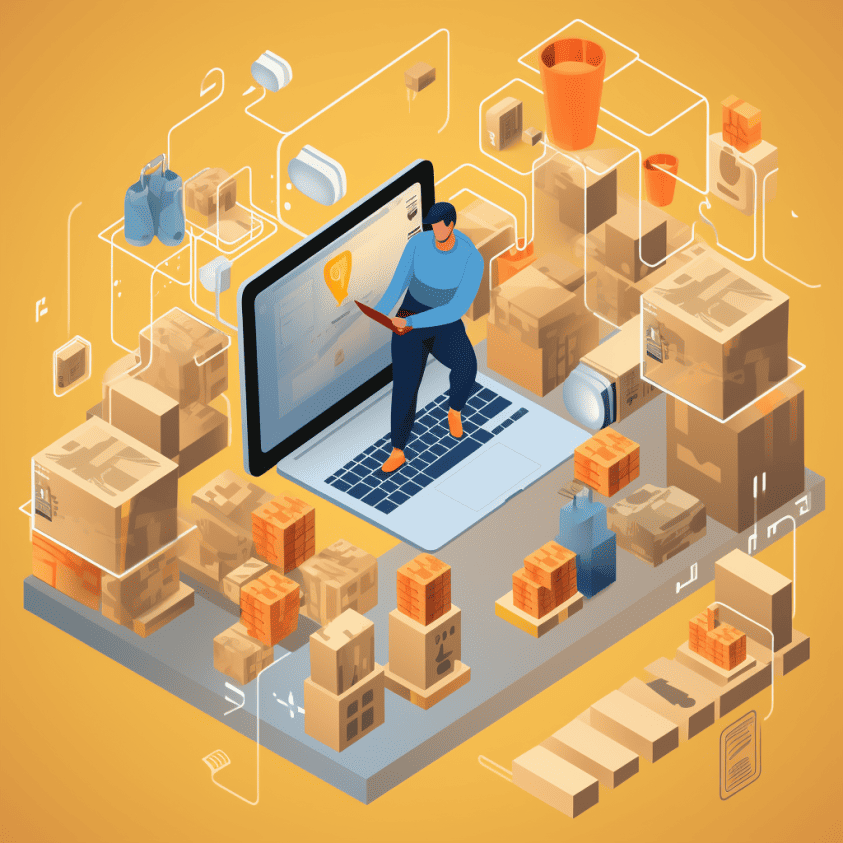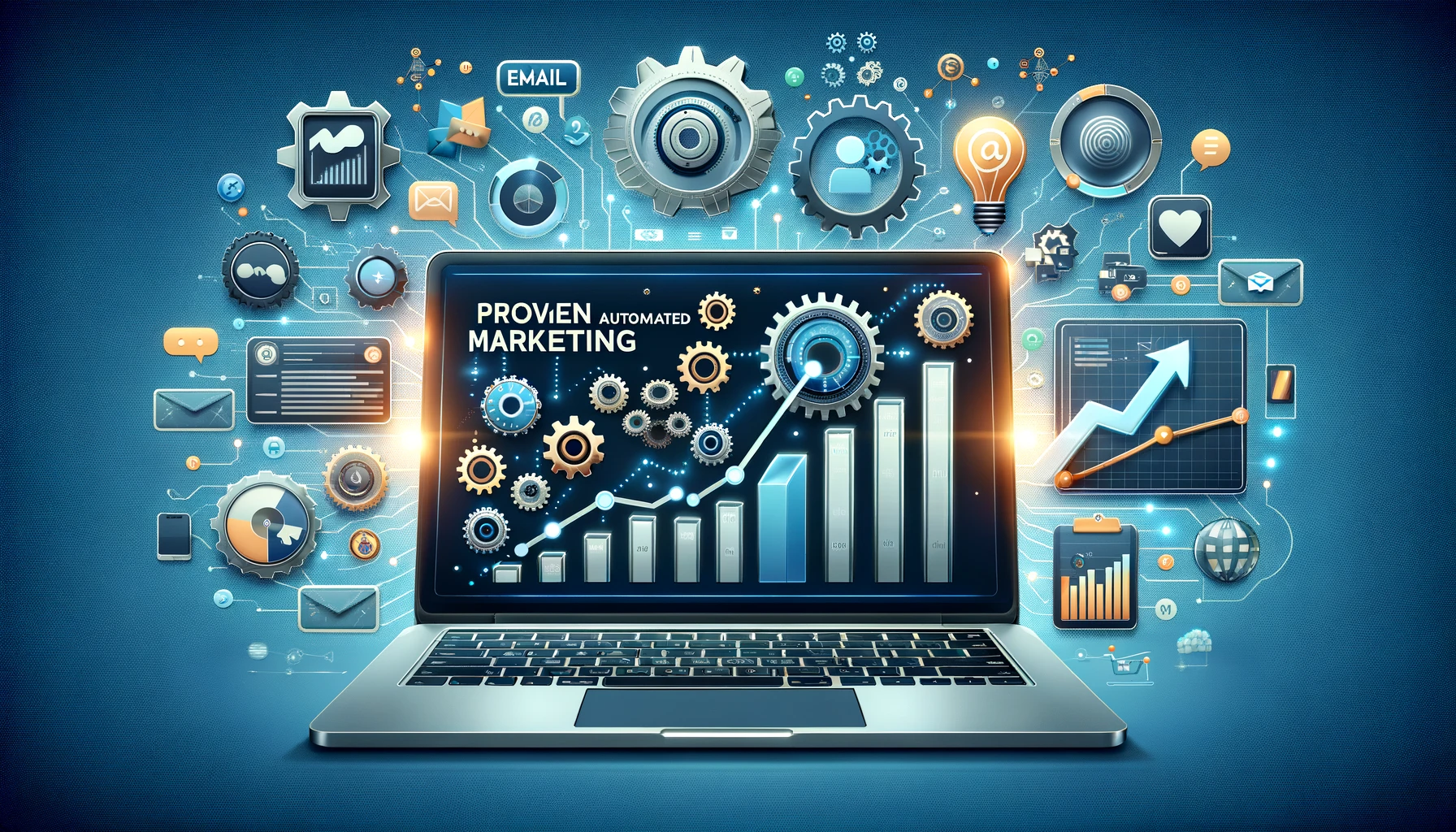Proven Automated Marketing Tactics for E-commerce Success
Imagine you're running a successful e-commerce store. You've got killer products, but you're swamped with tasks. What's the solution? Automation. […]
Proven Automated Marketing Tactics for E-commerce Success Read More »


